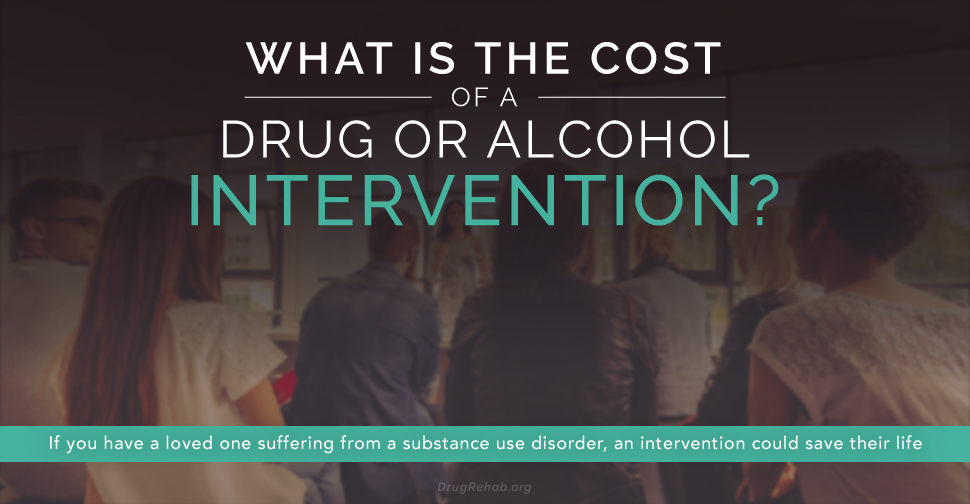
If you choose to use a professional interventionist drug and/or alcohol interventions start around $1,800 and cost upwards of $10,000. However, in certain situations sliding fee or financing options may exist. While it might be tempting to consider a lower-priced option, this service could save your loved one’s life.
If you have a loved one suffering from a substance use disorder, there’s a good chance that you’ve heard of an intervention. Despite this, you may not know exactly what this entails. You likely have many questions, not least of which is—how much does it cost?
What Is A Drug Or Alcohol Intervention?
The National Council on Alcoholism and Drug Dependence (NCADD) tells us that “The goal of intervention is to present the alcohol or drug user with a structured opportunity to accept help and to make changes before things get even worse.” During an intervention, a group of people gather together to outline the negative consequences of addiction. These individuals most often are friends, family, and even co-workers or the individual’s religious leader.

Who Leads A Drug Or Alcohol Intervention?
Contrary to what some individuals may think, it is not always best for an intervention to be independently planned or led by the substance abuser’s loved ones. In fact, most groups who specialize in addiction medicine, including NCADD, recommend this responsibility be left to a professional. The National Council on Alcoholism and Drug Dependence tells us that the following professionals may lead an intervention
- An alcohol and addictions counselor
- Interventionist
- Psychiatrist
- Psychologist
- Social Worker
In addition, certain doctors or clergy may take on these responsibilities. While these individuals may offer intervention services, an individual who is trained as a professional interventionist has greater training and knowledge to do so.
What Does An Interventionist Do?
In order to understand the price of these services, it is important to fully grasp what these individuals do. For an addicted individual, it can be difficult to reason or make sound judgements due to the way the substance abuse affects a person’s brain. A professional keenly understands this and is specifically trained in the best ways to communicate important information to your loved one. You’re not just paying for their credentials, you’re paying for their expertise, and the way in which they execute the intervention.
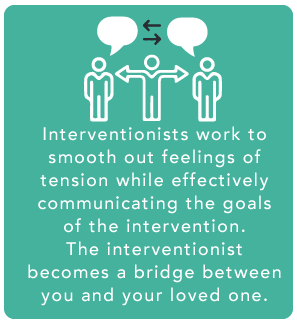
The benefit of an interventionist goes two ways. Should tensions arise, the interventionist works to smooth out these feelings while effectively communicating the goals of the intervention. Their arsenal of interpersonal skills will help you too. The interventionist becomes a bridge between you and your loved one. This aids you in more effectively communicating your worries and the hope for a better future which you hold for your loved one. As the end goal of an intervention is treatment, an interventionist should also possess a keen understanding of effective treatment options to help you develop a plan.
What Determines The Price Of An Intervention?
The price of an intervention is variable and based on several factors, including:
- The intensity of drug abuse (i.e. is it intermittent abuse or full-fledged addiction)
- Who performs it (their profession, credentials, etc.)
- How long this individual spends planning and preparing for it
- The type of intervention
- How long the actual intervention takes
- Any other associated costs
- If you want them to take your loved on to the treatment facility
Prior to beginning services, an interventionist should thoroughly assess your situation so that they can give you an estimate of the cost ahead of time.
How Much Does A Brief Intervention Cost?
Just as treatment is based on a person’s particular needs, so is an intervention. Perhaps your loved one isn’t yet addicted to drugs or alcohol; however, they are starting to exhibit some behaviors which worry you. Preventative measures are one of the most powerful tools for protecting your loved one from addiction. In these cases, a brief intervention may be sufficient for your needs.
This evidence-based tactic “is not intended to treat people with serious substance dependence, but rather to treat problematic or risky substance use, according to SAMHSA who continues to say that “In primary care settings, brief interventions last from 5 minutes of brief advice to 15-30 minutes of brief counseling.” In these cases, if charged only for office hours, a brief intervention is on the lower end of the cost spectrum.
How Much Does An Intervention Cost?
If you think your loved one’s needs go beyond the needs of a brief intervention, such as in the case of addiction, we strongly suggest a professional interventionist. While it is true that this is the most expensive option, it is the option which most typically offers you the highest chance at optimal results.
Not every city offers professional intervention services. In certain cases, the interventionist may have to travel to you and stay the night. While some services include these associated costs, others charge extra for transportation and lodging, so make sure you inquire beforehand. This is especially true if the individual has to fly and purchase airfare.
In order for an intervention to be successful, it needs to be thorough both in the preparation and execution. To do this, many interventions occur over two days—the first being a family consultation and the second the actual intervention. In some cases, the interventionist may need to stay several days, so additional lodging fees may be required.
Before the process begins, a non-refundable deposit is usually required. This typically takes the form of a certified check, credit card, or money order. While some basic interventions cost $1,800-$2,000 (before airfare and lodging), many intervention services charge between $3,500 and $10,000. Don’t forget—these costs do not include treatment and insurance does not usually cover these fees. But some services do offer sliding fee or financing options, so make sure to look into these before you make your final decision. Additionally, if you can’t afford it, perhaps a close loved one can help you. Other options include personal loans.
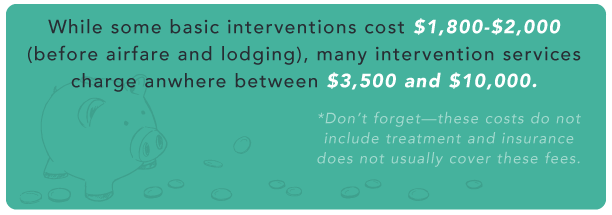
Lastly, should you wish, many interventionists will actually accompany your loved one to treatment. Again, transportation costs may apply (including, if applicable, a plane ticket for your loved one), as well as an additional fee for this service. We found this fee to be around $400. Each service is different, so you should always double check prices against the services offered before you commit to anything.
Are There Cheaper Interventions?
Again, other professionals may offer intervention services; however, you must consider your loved one’s situation and the desired outcome. In limited instances, such as those involving clergy-led interventions, the intervention may be free. However, in this case free is relative—if the intervention doesn’t work and the individual returns to substance abuse, the cost could in fact be great. In these cases, these individuals may have little to no training in the critical components of an effective intervention.
Some of the other aforementioned individuals may be cheaper, charging only their regular office hour fees with or without additional charges. However, the quality of care may not be as extensive as your situation demands. Not all of these individuals are adept at offering in-depth services. Because of this, the intervention may not be as effective. Getting a person into treatment as soon as possible is essential.
Putting The Cost In Perspective
A substance use disorder becomes costly with prolonged use. This financial burden extends past the amount of the substance itself, and for many, over time, this lifestyle carries a hefty price tag. As time passes, if left untreated, a substance use disorder can amass not just financial hardships, but physical, mental, and emotional ones. If your loved one has an addiction you’ve likely witnessed this within not only their life, but yours. While an intervention may seem costly now, over time, the combined costs of continued substance abuse may be many times greater.
While these costs may seem overwhelming, consider the fact it is an investment in your loved one’s future, sobriety, and better health.
We Can Support You In Getting Your Loved One The Help They Need
It can be very intimidating to consider all your options when you’re looking to get a loved one help, especially when you’re considering your finances. DrugRehab.org understands this and wants to work with you to develop a plan that best fits your financial needs, while ensuring your loved one gets exceptional care. We can help you find an inpatient drug rehab program which will provide the best measure of individualized treatment for your loved one. Contact us now.
For More Information Related to “How Much Does a Drug and/or Alcohol Intervention Cost?” Be Sure To Check Out These Additional Resources From DrugRehab.org:
- How To Stage An Intervention
- Common Street Names For Illegal Drugs
- How Do I Get My Loved One Into Rehab?
- Environmental Risk Factors for Developing an Addiction
- Breaking the Cycle of Addiction through Family Intervention
Sources
National Council on Alcoholism and Drug Dependence — Intervention – Tips And Guidelines
SAMHSA-HRSA Center for Integrated Health Solutions — SBIRT: Brief Intervention


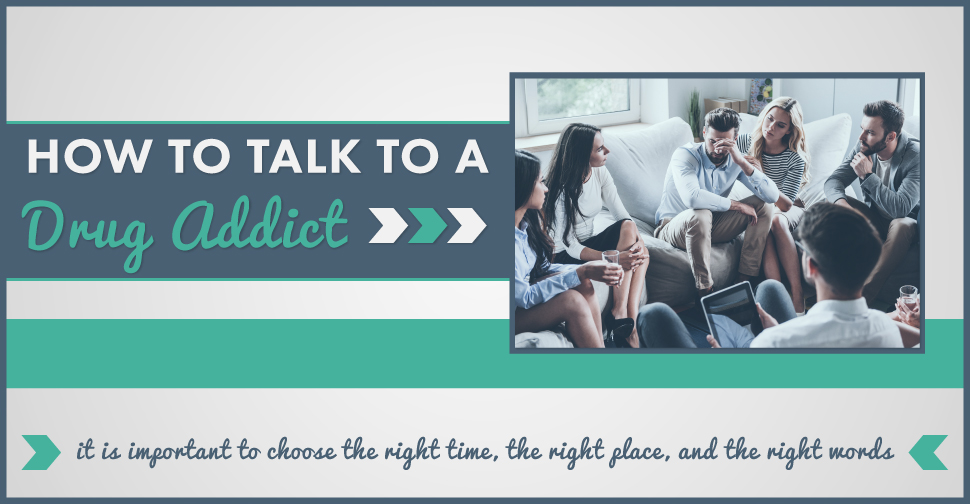
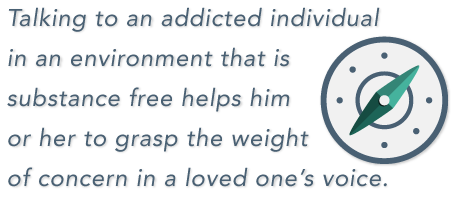 After considering these things, choose a time carefully. Again, broaching a sensitive, pertinent topic such as this may not be wise while a person is high. But talking to a person while he or she is hungover or experiencing the aftereffects may work since the substance abuse is fresh, and it is likely they are feeling ill, or even encountering regret. This might help them to see the error and damage of their ways. In other cases, this may not work. Instead, a sober time free from pressures of work, school, or family may be the right option.
After considering these things, choose a time carefully. Again, broaching a sensitive, pertinent topic such as this may not be wise while a person is high. But talking to a person while he or she is hungover or experiencing the aftereffects may work since the substance abuse is fresh, and it is likely they are feeling ill, or even encountering regret. This might help them to see the error and damage of their ways. In other cases, this may not work. Instead, a sober time free from pressures of work, school, or family may be the right option.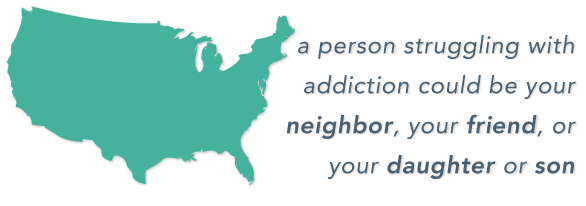

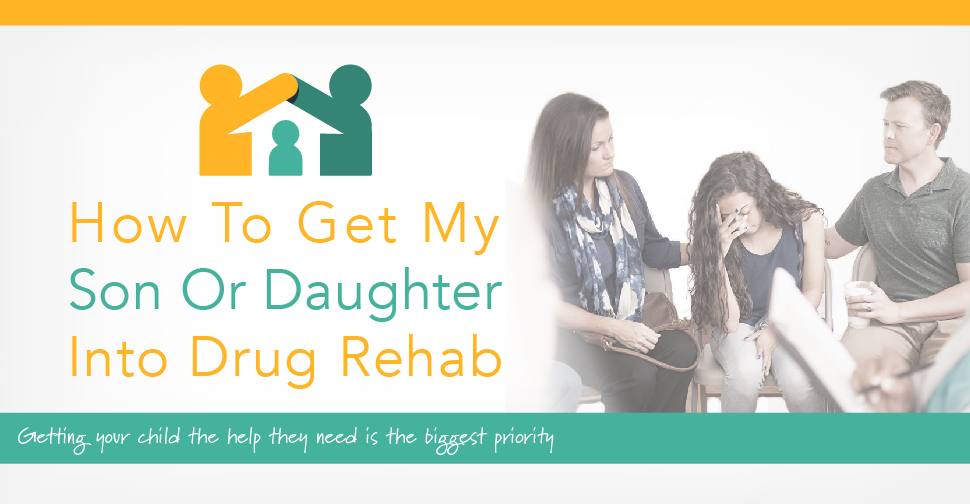






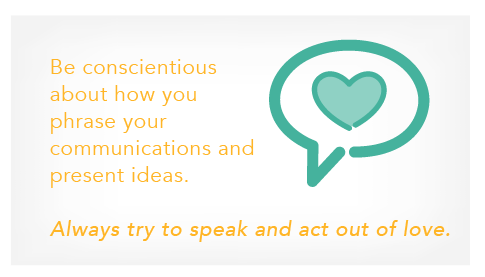 Be conscientious about how you phrase your communications and present ideas. Always try to speak and act out of love. When a person struggles with an addiction, they might feel alienated or even lonely. Being aware of your emotions, reactions, and responses helps to safeguard you, so that you don’t push them away and make them feel these things even more.
Be conscientious about how you phrase your communications and present ideas. Always try to speak and act out of love. When a person struggles with an addiction, they might feel alienated or even lonely. Being aware of your emotions, reactions, and responses helps to safeguard you, so that you don’t push them away and make them feel these things even more.